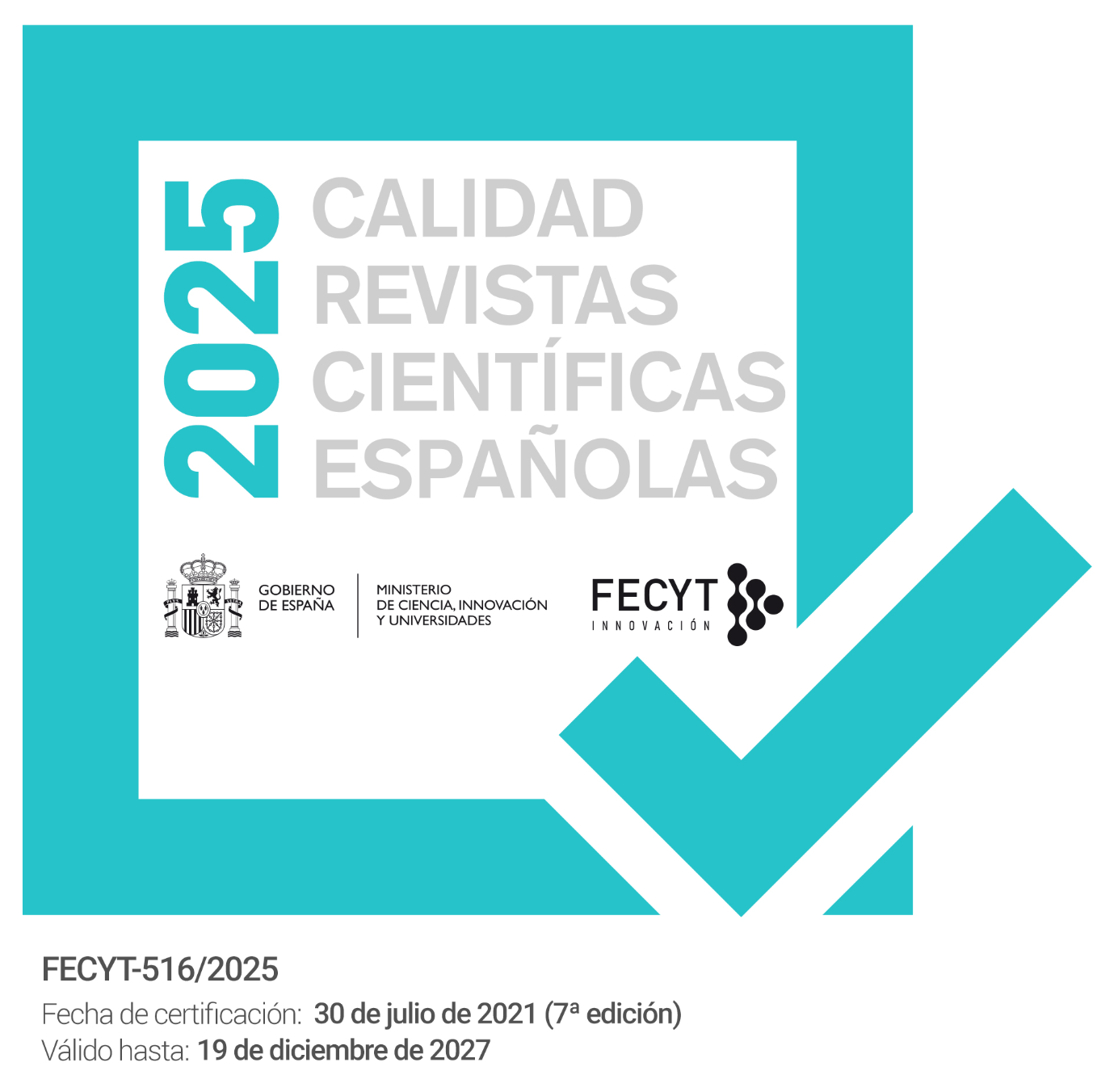HISTORIOGRAFÍA LINGÜÍSTICA: VEINTE PRINCIPIOS DEL PROGRAMA DE LA INVESTIGACIÓN HERMENÉUTICA
Resumen
El objeto de este artículo es describir los conceptos principales de la Historiografía Lingüística, la ciencia crítica de la Historia. El discurso histórico sobre las teorías lingüísticas es una estructura que busca establecer una canoicidad. Los límites del discurso historiográfico están determinados por los principios del "silencio de la escritura" y "el lector como un nuevo autor", que son conceptos de la Hermenéutica. El artículo también presenta en su contexto las teorías de historiógrafos como Roger Chartier, Roland Barthes, Hans-Georg Gadamer y Emilio Lledó. Son los creadores del programa historiográfico, que en la conclusión del escrito aparece resumido en veinte principios.Descargas
-
Resumen1754
-
PDF871
Las obras que se publican en esta revista están sujetas a los siguientes términos:
1. El Servicio de Publicaciones de la Universidad de Murcia (la editorial) conserva los derechos patrimoniales (copyright) de las obras publicadas, y favorece y permite la reutilización de las mismas bajo la licencia de uso indicada en el punto 2.
2. Las obras se publican en la edición electrónica de la revista bajo una licencia Creative Commons Reconocimiento-NoComercial-SinObrasDerivadas 4.0 (texto legal). Se pueden copiar, usar, difundir, transmitir y exponer públicamente, siempre que: i) se cite la autoría y la fuente original de su publicación (revista, editorial y URL de la obra); ii) no se usen para fines comerciales; iii) se mencione la existencia y especificaciones de esta licencia de uso.
3. Condiciones de auto-archivo. Se permite y se anima a los autores a difundir electrónicamente las versiones pre-print (versión antes de ser evaluada) y/o post-print (versión evaluada y aceptada para su publicación) de sus obras antes de su publicación, ya que favorece su circulación y difusión más temprana y con ello un posible aumento en su citación y alcance entre la comunidad académica. Dulcinea: verde. OPF.









